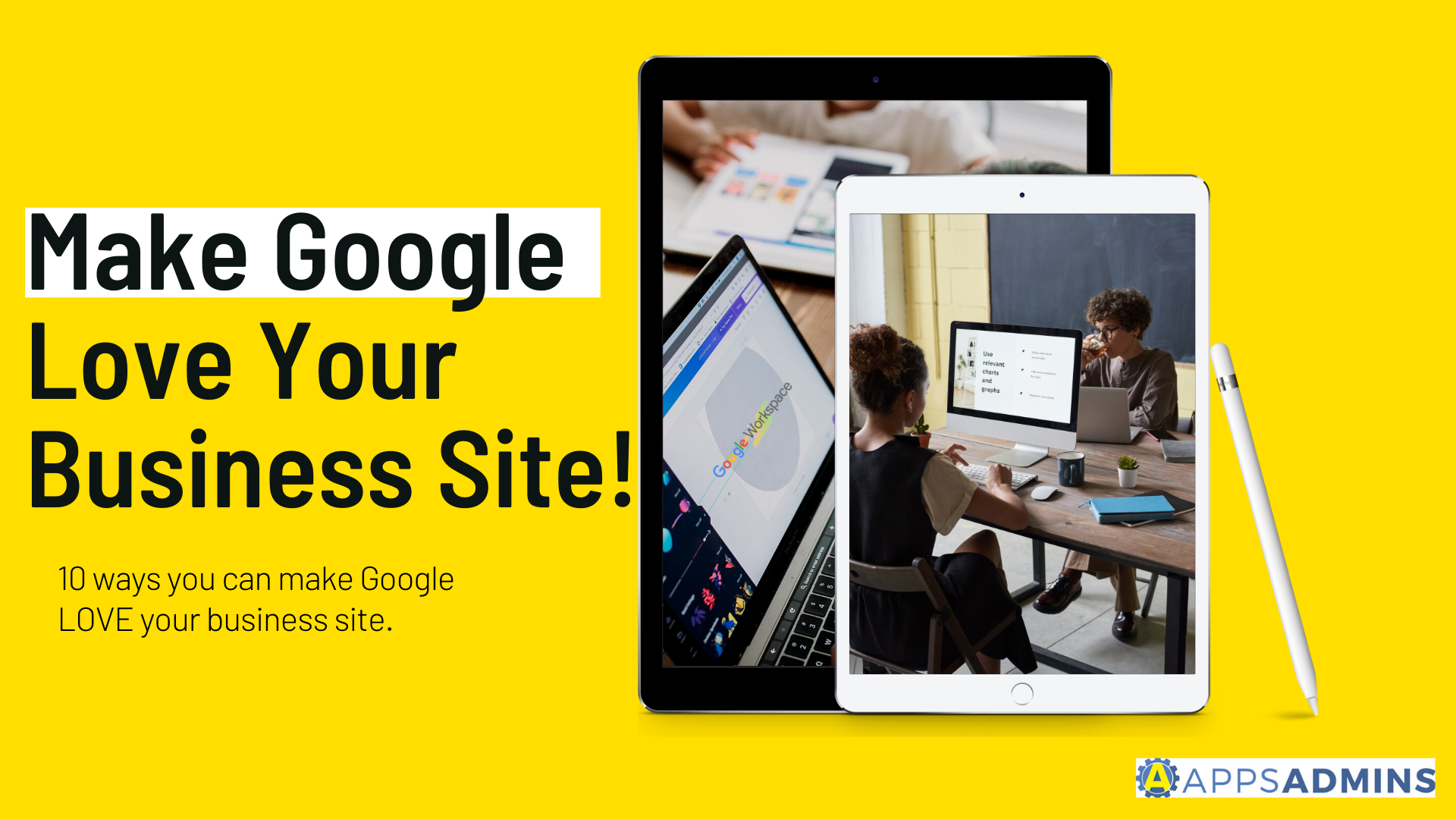G Suite Business Free for 30 Days
Sign up for a Free 30 Day Trial of G Suite Business and get Free Admin support from Google Certified Deployment Specialists.


Anyone with a busy schedule can benefit from a computerized scheduling system. Two of the best services on the market are Google Calendar and Outlook Calendar. Each app has its own unique qualities that differ from its competitors. Below, we layout the highlights of each app to help you determine which is best for your scheduling needs.
Google Calendar
The Google Calendar empowers users to perform many of the same functions as Outlook. In fact, the updates that you make to your Google Calendar in terms of scheduling, accepting or declining invitations, and other functions can actually overlap with your Outlook Calendar. When you make changes within your Google Calendar, you'll notice that the same modifications appear in your Outlook Calendar.
Busy & Free Status
The Google Calendar allows users to observe the busy and free status of fellow users that are within his domain. This will occur even if those follow users don't have a Google Apps account. Those who utilize Microsoft Exchange and a variety of other hosted services will have to request that their administrator enables the Google Calendar Connectors function in order for their status as well as the status of fellow colleagues, family and friends to appear.
Calendar Delegation
The Google Calendar allows users to assign calendar management tools to an assistant. An assistant can view the primary user's calendar and perform all pertinent functions like the creation of events, the acceptance of an invitation to a meeting, etc. These actions can even be performed from the assistant's Google Apps profile through either the Google Calendar interface or from Outlook.
Share Your Schedule With Others
The Google Calendar is designed with the flexibility that allows users to share their schedule with fellow Outlook users. These users are typically within the user's domain, but you can also choose to share your schedule publicly, if desired.
“Ghost Meetings”
The Google Calendar even empowers users to establish meetings that the initiator won't attend. This is not true of Outlook. Outlook requires the meeting organizer to be listed as a participant.
Online Content
While many competing computerized calendar systems are stored on the user's computing device, the Google Calendar is actually hosted online. You can access your Google Calendar from any Internet connected device.
Outlook
Outlook has some unique functions that make it a useful app. For example, Outlook allows you to schedule a first weekday or first weekend recurrence. Many users find this to be quite a convenient and useful feature. Outlook users can also view meetings, appointments, and other events on the final day of each month. Outlook also permit users to drag and drop e-mails right from their inbox into the Outlook calendar which is valued and empowers users to view the conversations that inspired the scheduling of an event.
Unfortunately, Outlook only allows you to program reminders two weeks from the current date. On the other hand, Google Calendar allows you to program reminders for any point in the future.
When deciding between these two electronic calendar systems, the beauty is truly in the eye of the beholder. The features favored by one user might not be as highly valued by another user. However, it is worth noting that there has been a steady migration toward the Google Calendar thanks to its simple online functionality and straightforward user experience design.
.jpg?width=818&name=appsadmins-svg-rules-1%20(2).jpg)







